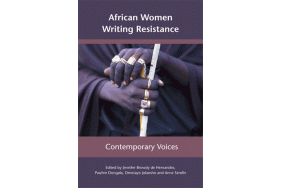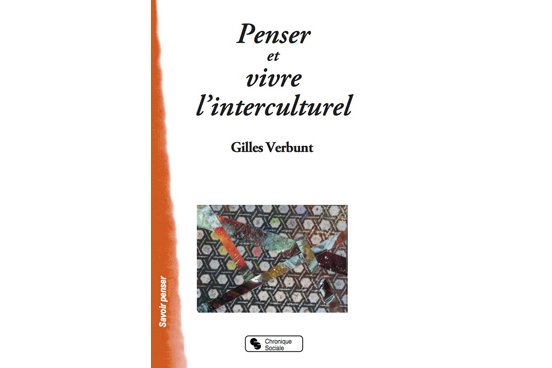Des associations de femmes au Maroc militent pour que l’égalité des sexes soit inscrite dans la Constitution, profitant en plein printemps arabe de l’annonce de réformes constitutionnelles par le roi Mohammed VI.
"La démocratie implique l’égalité entre tous les citoyens, donc sans égalité (…)
Des Marocaines militent pour l’égalité homme/femme dans la Constitution
Par AFP



